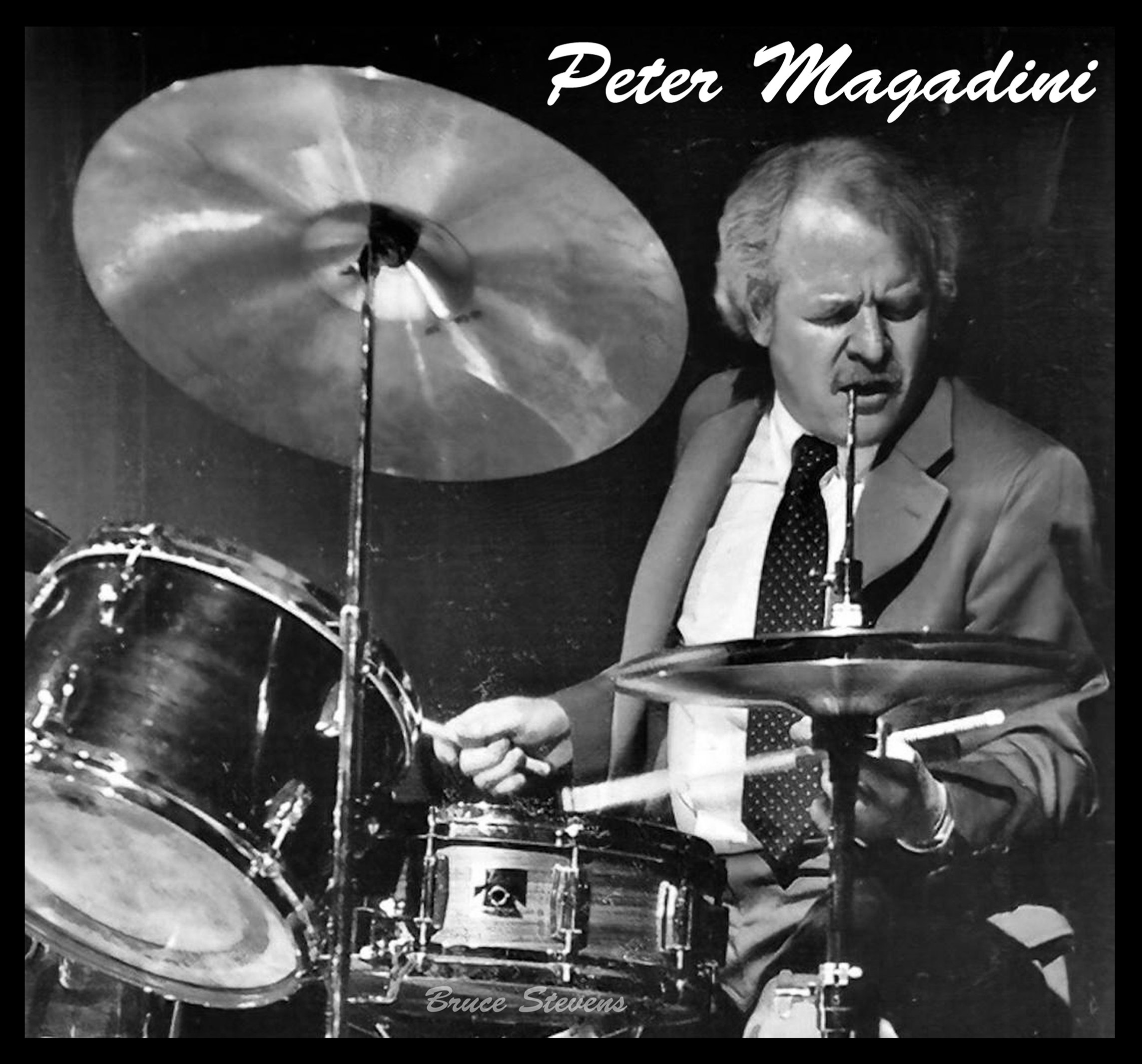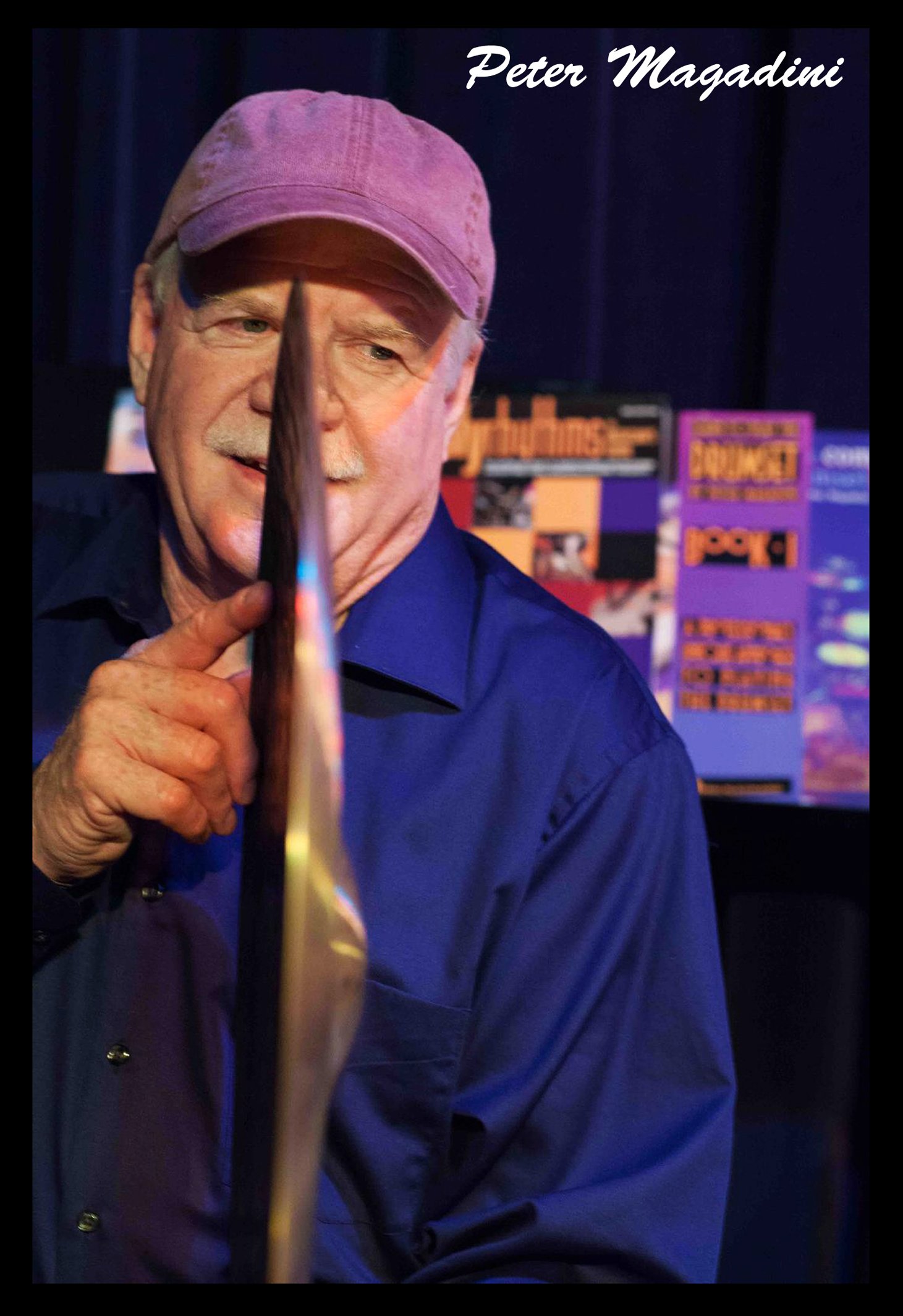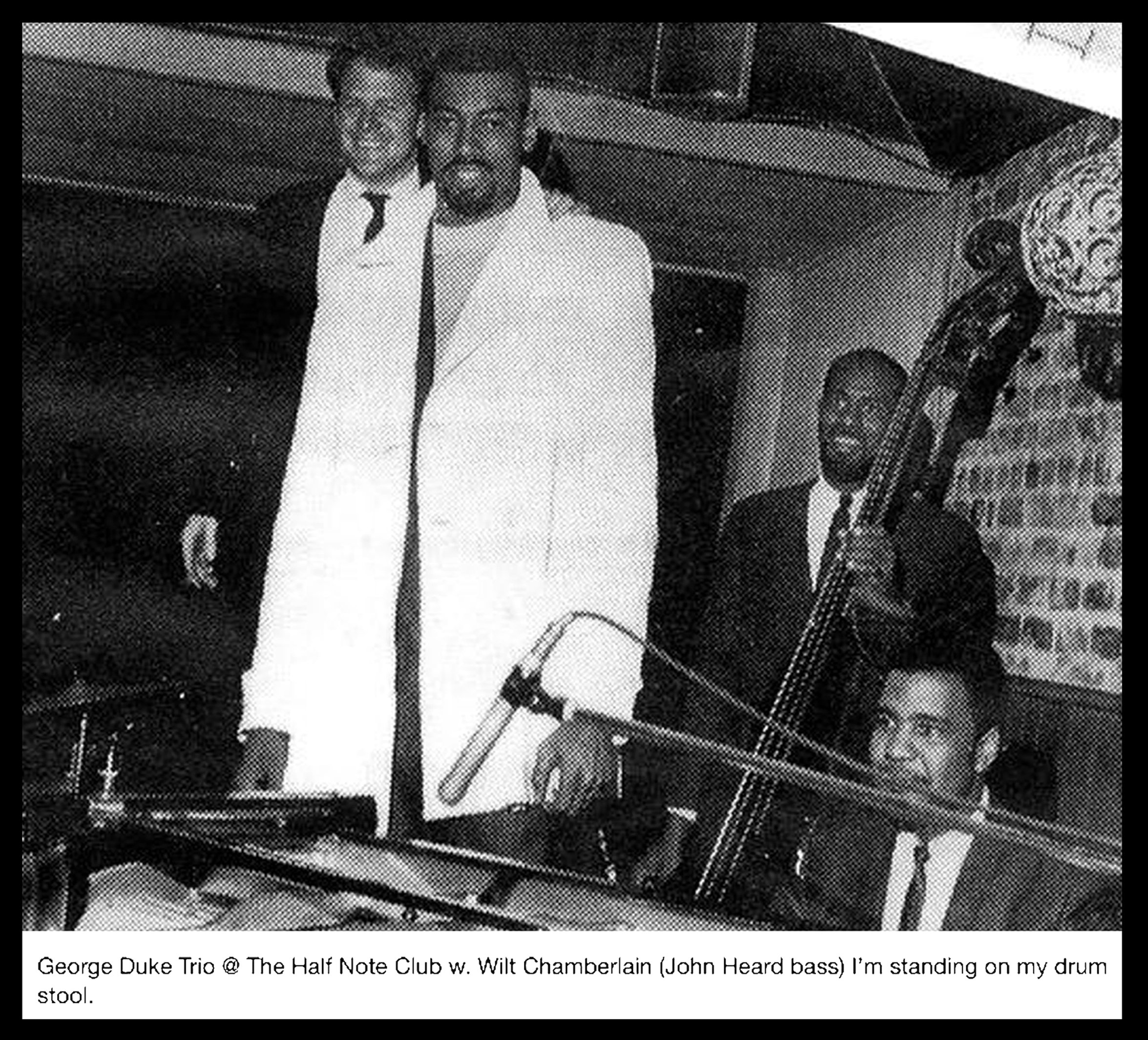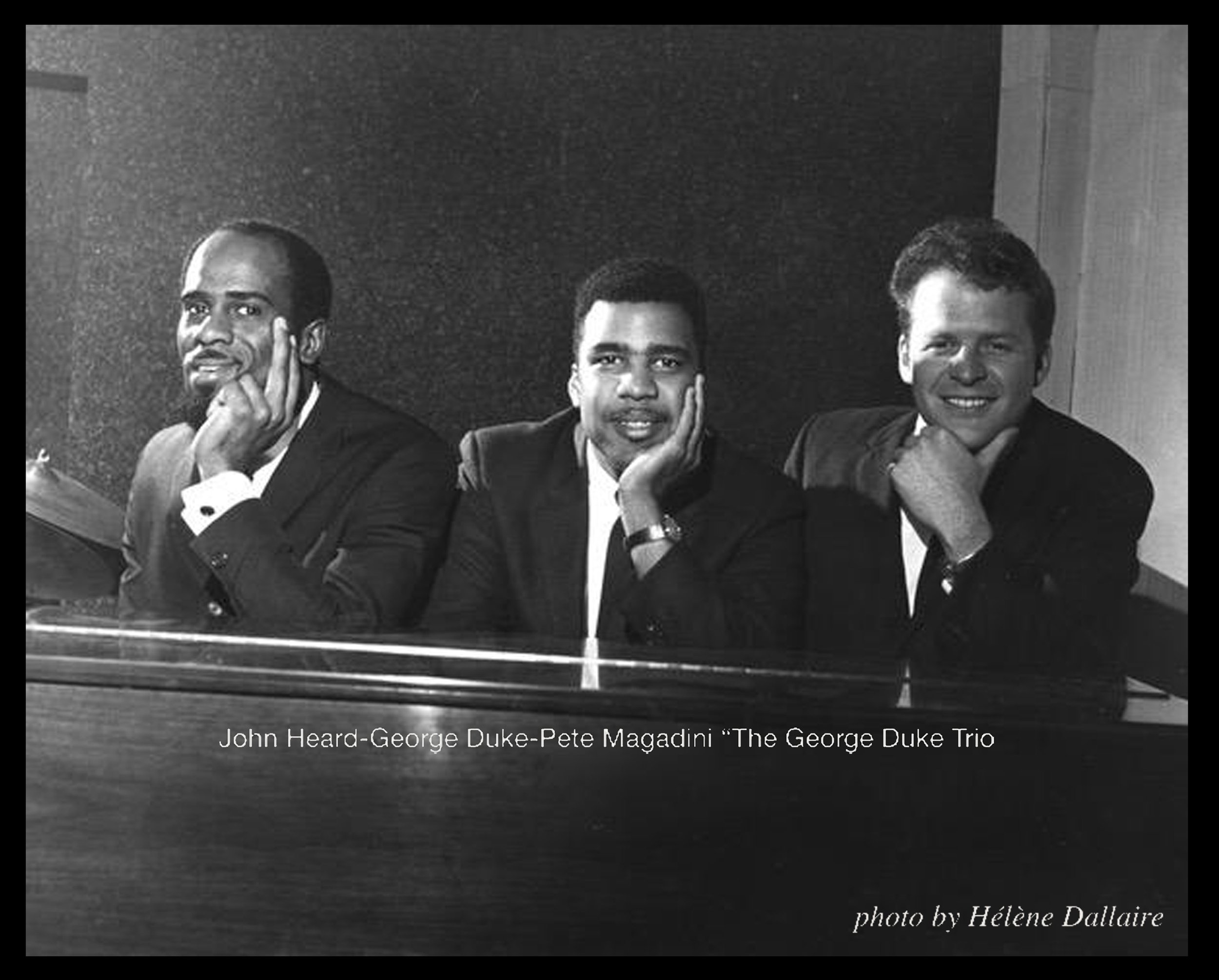I had some first-hand experience with Tony Williams while attending the San Francisco Conservatory of Music in1965 and several years after that. I had played almost exclusively with George Duke in a San Francisco nightclub called the Half Note Club. It was primarily a black club and was located just down the street (on Divisadero) from another SF club called the Both/And. The Both/And was a jazz club that hired touring jazz groups. One of these was the Miles Davis Quintet with Wayne Shorter and Tony Williams. I was about 22 at the time, which made Tony about 19. I was a huge fan of the Miles group before this one, which had Wynton Kelly on piano and Jimmy Cobb on drums. By that time, the solo tenor chair would be ‘different cats’ because Coltrane & Cannonball had struck out on their own with their own bands. When Miles changed the group to Tony, Wayne, Herbie Hancock & Ron Carter, it was a lot different again but just as powerful, both in direction and influence.
On breaks, I used to go up the street and, when they allowed it (the club was full most of the time and with a hefty door charge), sit in the back and listen to Tony with Miles. Tony was killing it! That wide-open ride pattern (he played), plus, on up-tempos, he did something I never heard anybody else do at the time. He would play “four on the floor” with the hi-hat. Immediately I heard how that was so driving and freeing of all the other stuff he put with it. I think “infectious" would be the correct word. So they came out to the Bay Area about twice a year. One night, on my gig with George (John Heard on bass), I looked up from the drums, and there were Tony and Wayne Shorter at a front table checking us out on their break. The nice thing about this story is that after that (when they were at the Both/And), they almost always came down at least twice in their week to hear us. We never sat with them nor got into any personal conversations (one reason is our breaks crossed), which to me, made it even more special. Tony was a one of a kind drummer, and he took no prisoners. And to Miles's credit, he let Tony just do his thing - and that was to play legendary, trend-setting jazz drums 100% every night (that I ever heard him anyway)!
On a side note, when I was with Diana Ross a few years later, we had just finished our opening night at The Waldorf Astoria Hotel in New York City. I was standing backstage with our bass player Bobbie Haynes when; who suddenly appeared before us? Miles Davis with jazz pianist Walter Bishop. Miles came up to us and said … he liked to check out traveling rhythm sections, and he liked ours. We were floored!
Peter Magadini wrote his original book "The Musicians Guide to Polyrhythms” in 1968. It was first published by Bob Yeager & Try Publishing, out of the "Hollywood Professional Drum Shop ” in Los Angeles. Since its inception, the book has been considered the go-to source on the topic. It was also written for ALL musicians in mind, not only drummers.
His next volume, called "Polyrhythms For The Drumset," was written in 1973. It is for drummers and has been endorsed by top-shelf drummers the world over, including: Vinnie Colaiuta, Steve Smith, Aaron Comess, Jeff Watts, Cindy Blackman, Louie Bellson, Peter Erskine, Jim Chapin, Chad Wackerman, Vic Firth, and Roland Kohloff.
The book is published by Alfred Publishing.
“Pete, Your Book Changed My Life”
-- Vinnie Colaiuta
As a professional drummer Peter has played for George Duke, Diana Ross, Don Ellis Band, Sonny Stitt, George Coleman, John Handy Quintet and Chet Baker, plus extra percussion with several major symphonic orchestras; he is still active playing and teaching.
Peter holds degrees from the San Francisco Conservatory of Music (BM) and the University of Toronto (Masters in percussion).
https://www.facebook.com/peter.magadini





